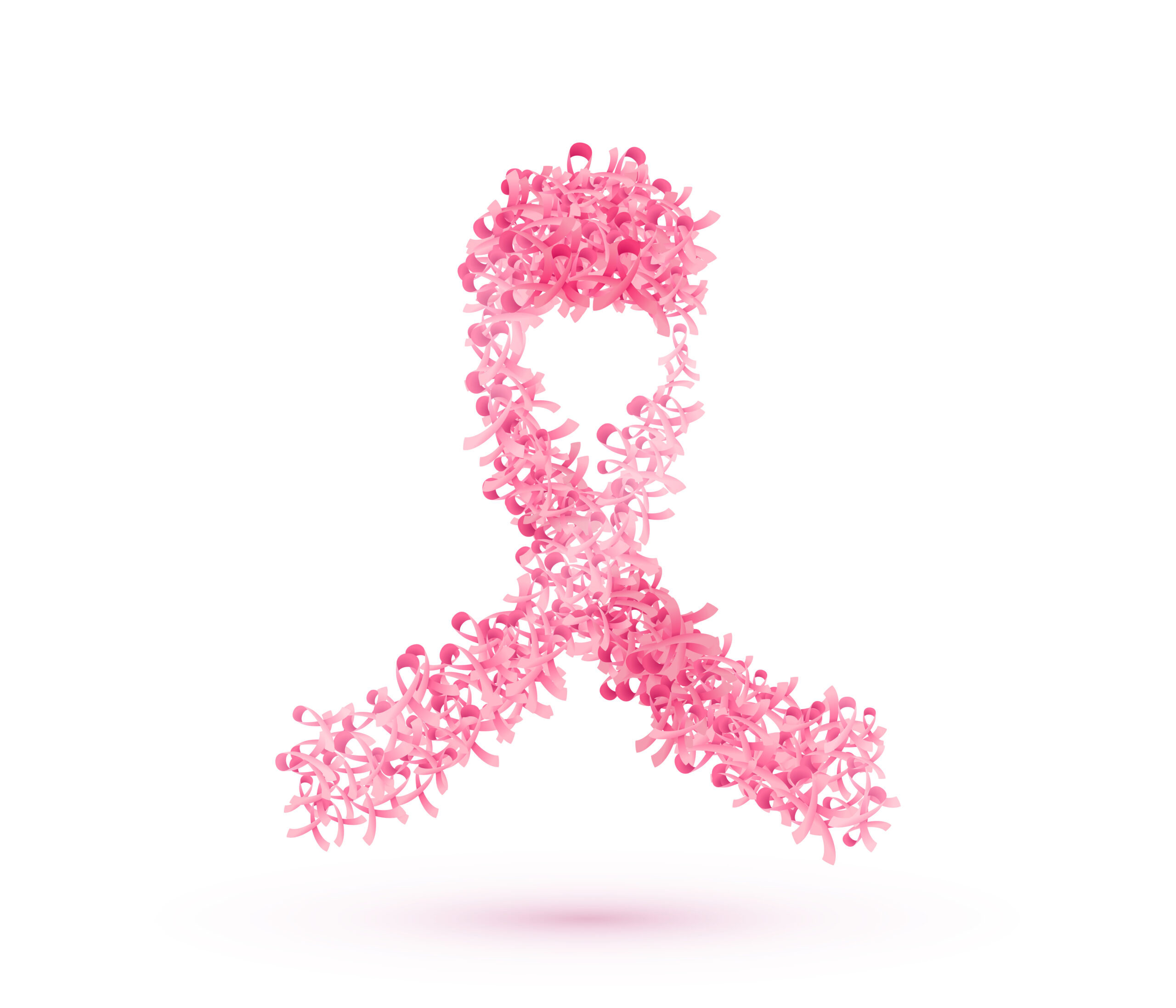A look into BRCA1 Test
Knowing you are diagnosed with cancer can cause guilt, regret, and anxiety. Luckily, with the advancement in the medical field, there is a test, the “BRCA Gene Test,” that measures your risk of developing certain cancers.
The BRCA gene test is a medical exam that looks for genetic changes in your blood. These genetic changes are what determine your chances of developing cancer.
Understanding your BRCA gene can help in knowing what is best for you. Read on to learn more about the BRCA1 test and how it can help lower the risk of developing certain cancers.
What is BRCA Gene Test?
A BRCA gene test is a genetic medical test where a sample of your blood, saliva, or tissue is taken to highlight any changes in your DNA. These changes are mostly related to BRCA genes, BRCA1 and BRCA2.
The BRCA1 and BRCA2 genes maintain average cell growth in your body. These genes prevent cancer from developing. Any changes in BRCA genes can result in abnormal cell growth.
Who Should go for BRCA1 and BRCA2 Test?
A person qualifies for the BRCA gene test if they have a family history of gene mutation or various cancers. The BRCA1 test is specifically done to look for a BRCA1 gene mutation in your blood.
If you are in any of these situations, you should go for the BRCA1 test;
- Medical family history of any cancer
- A blood relative with a BRCA gene mutation
- One or more family members with a history of cancer
- You have a personal medical history of cancer before the age of 50
What is the Purpose of the BRCA Gene Test?
The BRCA gene test has multiple purposes. People with hereditary gene mutations aren’t the only ones to go for this test. If you are a carrier of some diseases or have the risk of passing down the gene mutation to your child, you can get a BRCA gene test for it.
The BRCA gene test can find a couple of things, including
- If you are a carrier of some disease.
- If you are at risk of developing cancer
- The stage of any cancer
You can go for the BRCA gene test to see if you have;
- Breast cancer (both males and females)
- Ovarian or fallopian tube cancer
- Melanoma
- Primary peritoneal cancer
- Urinary tract infections
- Fanconi anaemia
- Prostrate cancer
- Lynch syndrome
- Pancreatic cancer
- Duchenne muscular dystrophy
How to Lower Your Risk of Developing Genetic Cancer?
If the BRCA gene test show you have a BRCA genetic mutation, there are some ways to prevent the chances of developing cancer. Some things you can do are;
- Add more protein to your diet
- Avoid smoking
- Increase your physical exercise
- Don’t use tobacco
- Get enough Vitamin D
- Limit processed meat
- Practice protected sex
- Stop alcohol consumption
- Less sun exposure
Conclusion
The BRCA gene test is a great way to assess your chances of developing certain cancers. In addition, this test allows you to take the necessary and immediate treatment steps to prevent the disease from worsening.

Olivia is a literature enthusiast and film critic who explores the connections between books and their movie adaptations. She loves diving into character development and storytelling techniques.

